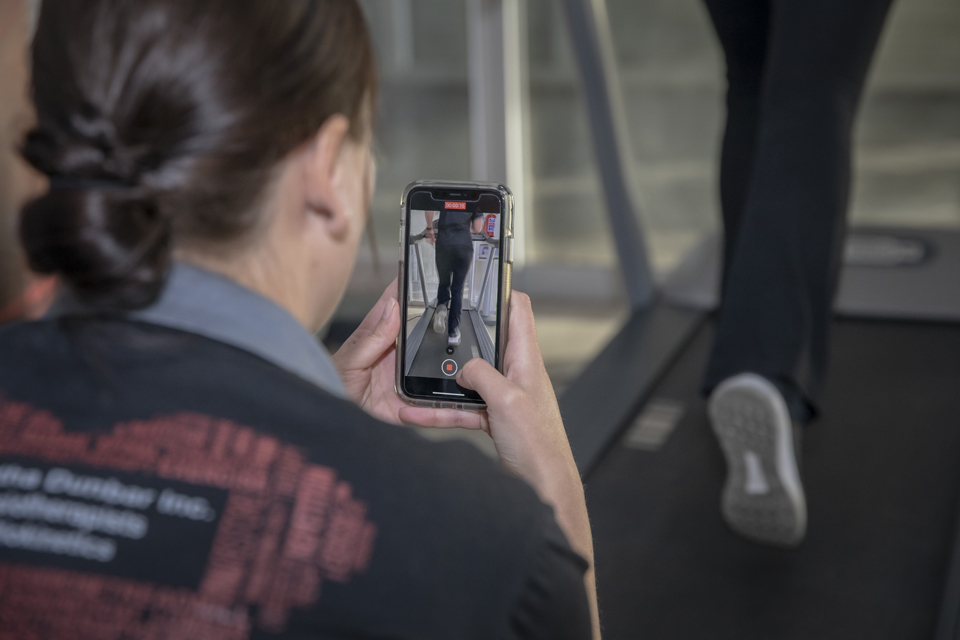Pain is an unpleasant sensory and emotional experience associated with actual or potential tissue damage. All pain is produced within the brain and is subjective, unique to the individual. Pain is a normal and vital part of life as it is our alarm system, designed to protect us from harm. It is important to understand, however, that pain is an output – it is a reaction in response to an actual or perceived threat. It causes us to change our behaviour as part of this response.
A simple and easy way to think about pain is standing on a thorn. The sharp stimulus received by the brain, is interpreted and a pain message is relayed to the foot in order to cause you to lift your foot up very quickly. Your brain does this because if you were to continue standing with your full body weight on the thorn, it would press deeper into your foot and potentially cause more harm.However, sometimes, when we have experienced pain for an extended period of time, or merely pain from a very bad experience, these messages conducted by our nervous systems can become distorted. As a result, our systems can become hypersensitive, and you may experience pain without just cause. In these instances, the brain is protecting you from a perceived threat incorrectly. This may affect your daily life and simple things like bending over to tie your shoes or doing some exercise may cause you to experience more pain than normal. This is referred to as Chronic pain.During the interview, your Physiotherapist may suspect chronic pain based on information that you give them. If this is the case, they will do an extensive physical evaluation in order to objectively establish the root cause of the pain you are experiencing.The treatment involves unique techniques that are aimed at decreasing your nervous systems increased sensitivity, in order to decrease and somewhat normalize your experience of pain.






